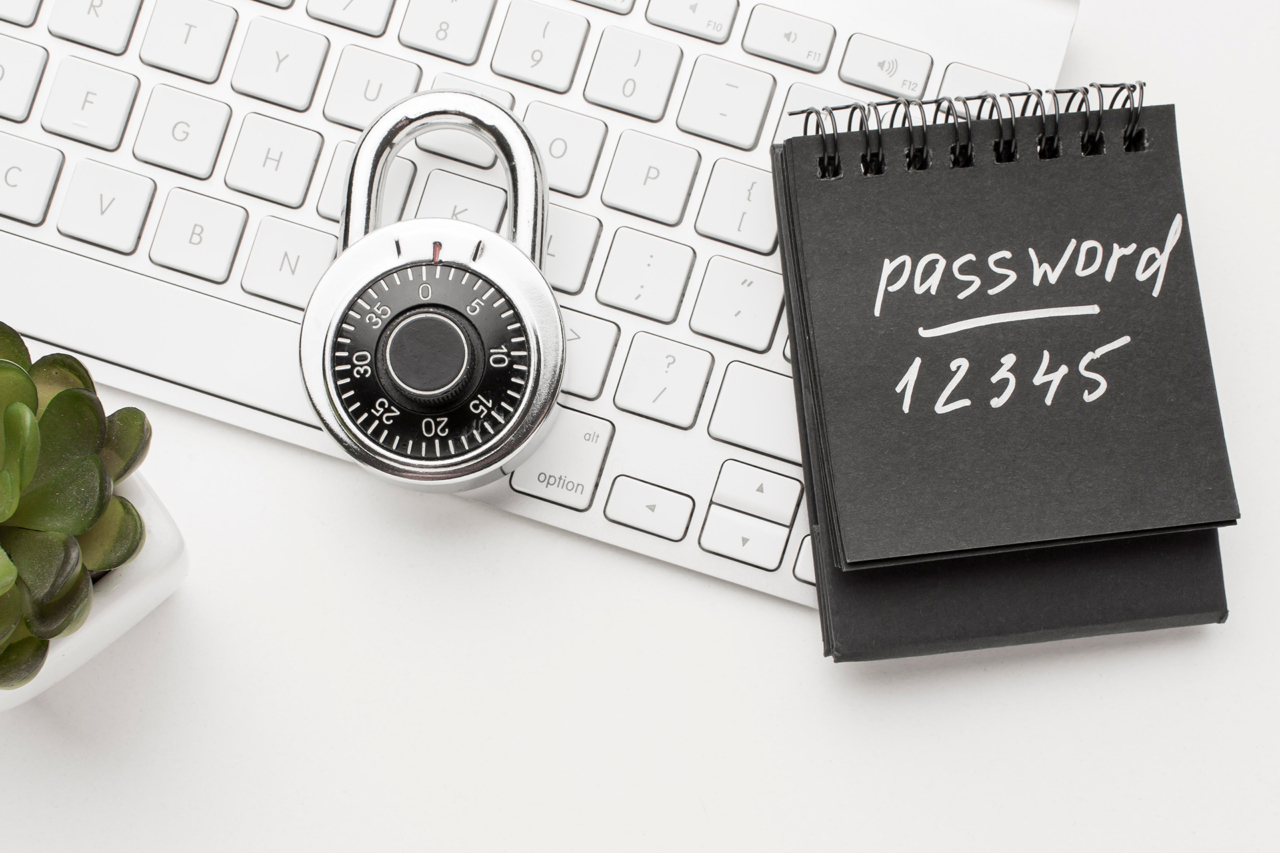The Hidden Costs of Ignoring Website Security
August 27, 2025 / 4 min read

Photo: Freepik
Think of your website like your apartment: you wouldn’t leave the door unlocked and hope nobody notices, so why would you leave your online business wide open to strangers?
1. The Illusion of “It Won’t Happen to Me”
Most business owners believe their website is too small or insignificant to attract hackers. That’s like assuming burglars only go after mansions. In reality, automated bots don’t discriminate. They crawl the web, looking for outdated plugins, weak passwords, and vulnerable code. Once they find a door even slightly ajar, they’re in. And unlike a broken window in your apartment, you might not notice the intrusion until weeks later, when your clients start receiving spam emails from your domain. By then, trust is already shattered.
2. SSL Certificates Aren’t Optional
Some still treat SSL as a luxury or a box to tick. Wrong. An SSL certificate is like the lock on your front door. Without it, every piece of data—emails, passwords, credit card numbers—travels across the web in plain sight. Google also penalizes unsecured websites, which means your business is not only unsafe but also invisible in search results. Would you let clients walk into an office with no doors? Of course not. Then why let them log into a site that offers no protection?
3. Updates Are the Insurance Policy You Forgot to Pay
Your CMS, your WordPress theme, your plugins—all need regular updates. Think of them as vaccines. Skip them, and you’re basically inviting the flu. Hackers don’t need to invent new tricks when outdated code is already a red carpet rolled out for them. Each missed update increases the odds of infection, and fixing the damage usually costs more than investing in proper maintenance. Would you drive a car for five years without a single oil change? Your website deserves at least the same level of care.
4. Backups: Your Digital Fire Escape
Even the most secure building needs a fire exit. Backups are yours. Without them, a server crash, ransomware attack, or even a developer’s accidental mistake can wipe out years of content, emails, and customer records in seconds. Regular, automated backups stored securely off-site are not a luxury. They’re survival. A website without a backup is like a skyscraper with no emergency stairs—when disaster strikes, you don’t climb your way out. You fall.
5. The Silent Costs Nobody Tells You About
Downtime is expensive. Lost leads are expensive. Rebuilding a compromised site is expensive. But the biggest hidden cost is trust. Once a client sees “Not Secure” next to your domain, or worse, gets redirected to a shady pharmacy site, their confidence is gone. And unlike money, trust is hard to earn back. The irony? Setting up backups, SSL, and updates often costs less than what you spend on coffee in a month.
6. Weak Passwords: The Key Under the Doormat
You wouldn’t leave the key to your office taped under the welcome mat, yet that’s exactly what a weak password does. “123456” and “password” still top the charts every year. Hackers don’t need genius-level skills when millions of websites rely on the digital equivalent of a cardboard lock. Using strong, unique passwords and enabling two-factor authentication isn’t paranoia, it’s hygiene. The truth is, most hacks aren’t cinematic—they’re embarrassingly easy because someone thought their pet’s name was unbreakable.
Why This Matters
A website isn’t just digital decoration—it’s your reputation, your sales funnel, and your customer’s trust, all rolled into one. Treat it casually, and you’ll pay the price in silence until it’s too late. I’ll be honest: I’ve seen too many businesses lose years of work because nobody told them the basics.
Security and backups are not upsells. They’re the foundation. And if you want a website that works for you, you need both.
Ready to build a secure foundation for your business?